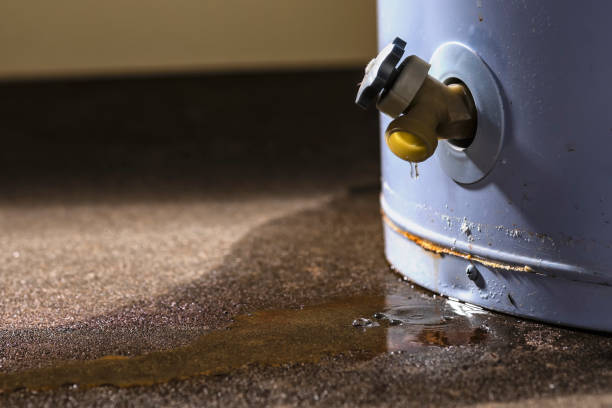Each person is bound to have his or her own opinion with regards to Maintaining & Draining a Water Heater.

Whether it is located in the cellar or a separate area, damaged hot water heater can cause anxiety. A common device holds 80 gallons, so an overnight leakage will certainly cause a flooding. This causes significant residential property damages with drenched wall surfaces as well as floors. Having no warm water supply is also frustrating. If you are handling these issues, bear in mind of the following:
Call the Plumber
After doing the first two safety and security actions, you need to call your plumber to come right now to take care of a burst hot water heater. Remember that your device will not simply conk out dramatically overnight. There are generally signs that your aging water heater has debris buildup in the inside. Keep in mind of the following:
Don't wait for significant flooding to call the plumber. Already, you will have to invest even more to restore your property. Instead, as soon as you detect these indications, have an expert come to evaluate your hot water heater tank. Usually, water heaters have a life-span of regarding 8 to 12 years. With regular inspection as well as upkeep, you can prolong its life.
Cut Off the Cold Water Supply
Cut off the tanks tap water supply from the source. When your container is in excellent condition, the chilly water stops filling up when the tank is full. If you can not locate it or reach it, you should turn off that major water supply line outside your residential or commercial property.
Shut Down Source Of Power
Prior to calling the plumber, turned off a gas water heater by transforming the temperature dial. This is typically located at the top of the thermostat. Change off the circuit breaker if you have a model that runs on electrical power. This will prevent electrocution, particularly if there is a leakage as water is a conductor. Normally, the burner turns off when the water hits a details temperature. However with a broken container, it might malfunction. Cutting it off ensures you remain secure.
Clean Up Residential or commercial property
After calling the plumber, file damages by making note as well as images so you can declare your home owner's insurance coverage. From there, begin the immediate cleaning. Obtain any type of essential personal belongings to avoid further saturating. Then, remove any standing water to stop mold and also mildew development. If you have a completely submersible water pump, utilize that to drain pipes the water. Or else, the traditional bucket technique will certainly also work. Attempt to mop out whatever, consisting of baseboards as well as walls. If you have an electrical follower as well as dehumidifier, maintain them going to maintain air flowing. This will certainly aid discourage mold and mildew development.
Remember, if you discover any kind of problems with your water heating system, call the pros right away. You can not take this trouble gently because a malfunctioning thermostat can increase water temp to an alarmingly high degree, leading to unintended burns.
After doing the first two security steps, you have to call your plumber to come right away to take care of a ruptured water heater. Instead, as quickly as you identify these signs, have a specialist come to examine your water heating system storage tank. Prior to calling the plumber, shut off a gas water heating unit by turning the temperature level dial. If you have a completely submersible water pump, make use of that to drain pipes the water. Bear in mind, if you see any kind of concerns with your water heating system, call the pros right away.
When You Should Turn off Your Water Heater
When the main water supply is shut off
There are many circumstances in which the main water supply is turned off. When this happens, many homeowners wonder if it’s safe to keep the water heater on of it should be shut down too.
In most cases, it may not be necessary to turn off the water heater, but it also won’t hurt, either. However, there are two reasons when you should turn off the unit to prevent too much pressure or heat from building up inside the tank:
When there’s a leak
If your water heater springs a leak due for a variety of reasons, including age or a valve malfunction, you should always turn off the unit and shut off the water supply until the issue is resolved.
https://www.libertyplumbingheatingandair.com/blog/when-you-should-turn-off-your-water-heater/

I stumbled upon that write up on Water Heater Repair when scouting around the search engines. Sharing is caring. You never know, you may just be helping someone out. Thanks so much for going through it.
Quick fix? Dial now.